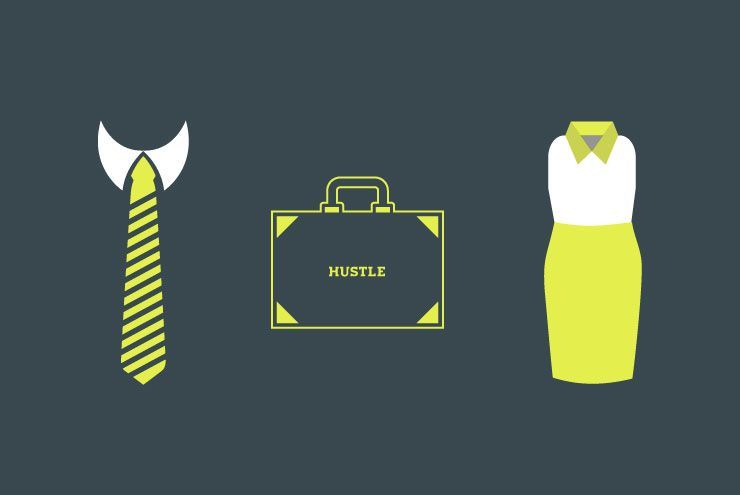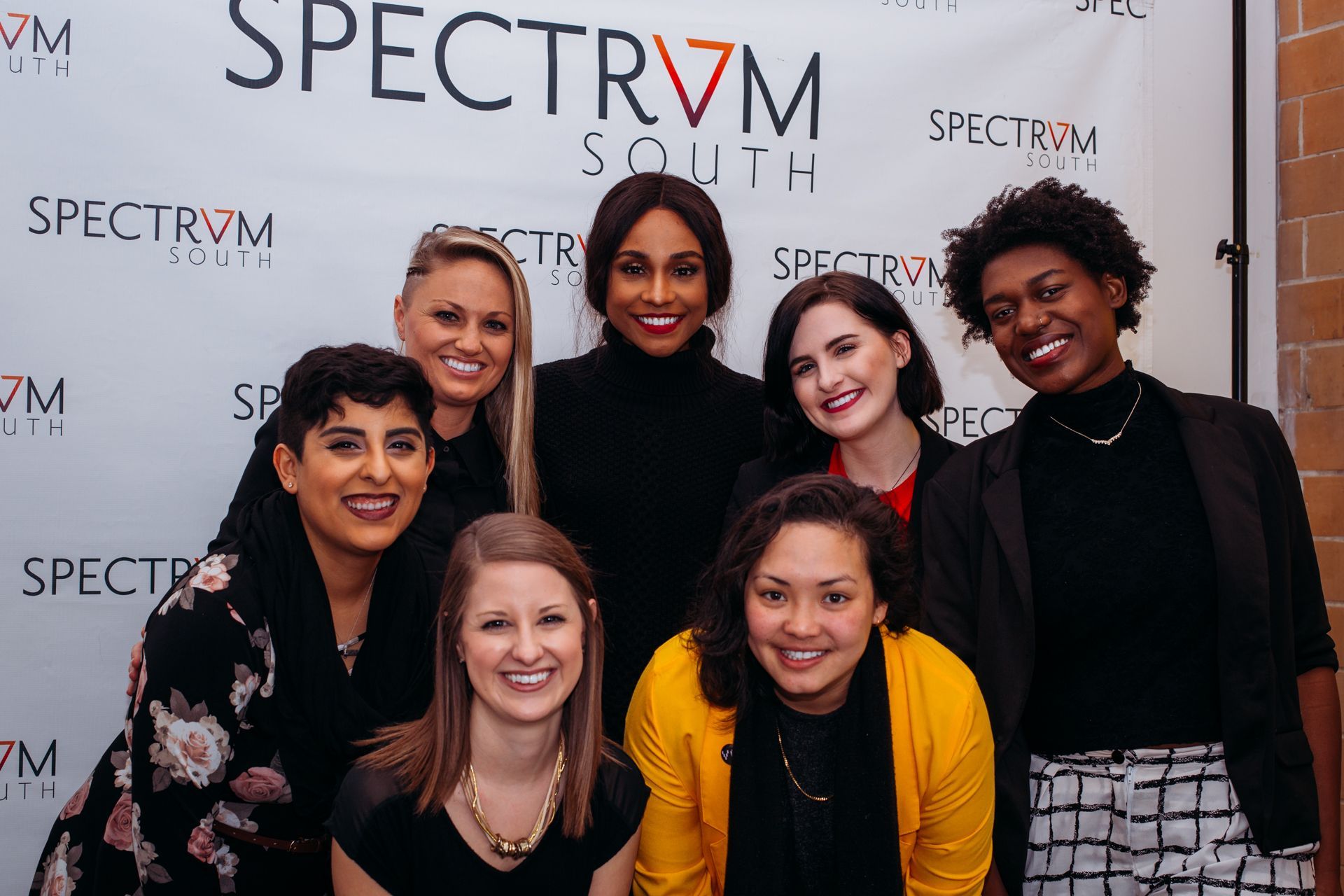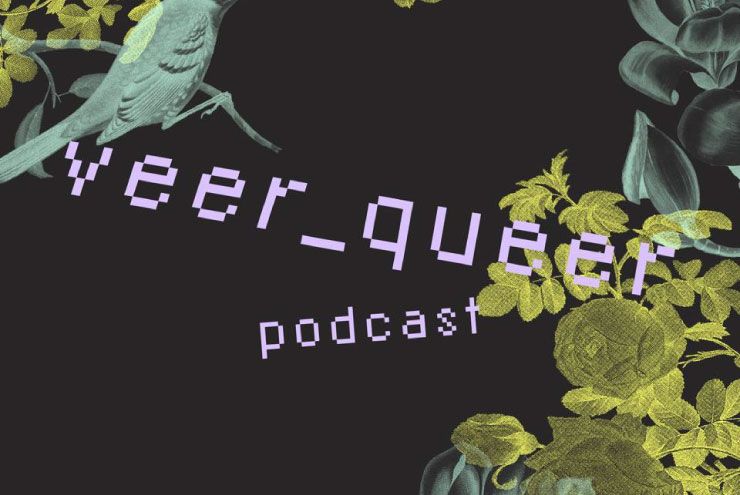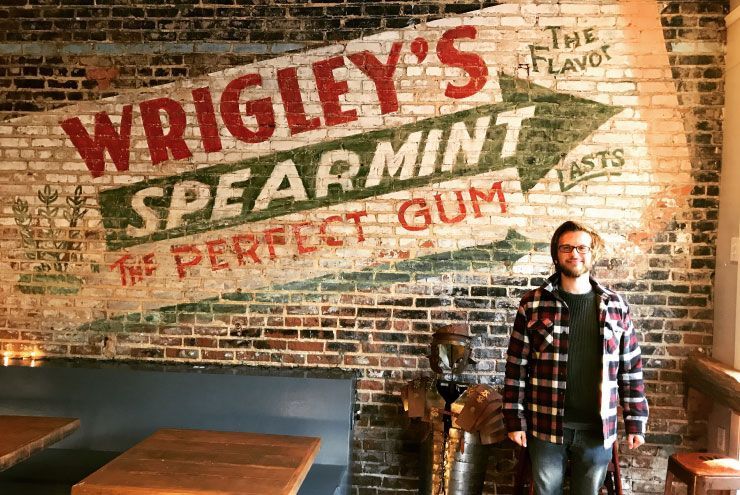By Dr. Laura McGuire
I’m not everyone’s cup of tea. Neither are you. In fact, no one on Earth is everyone’s favorite flavor. On a planet of over seven billion people, we all speak and appeal to different audiences, niches, and communities. Where we are a perfect fit for one demographic, we will inevitably lose another. Not only is that okay, it is our strength.
In June 2018, I started my consulting and expert witness firm, The National Center for Equity and Agency, which specializes in sexual misconduct prevention and increasing cultural inclusion. Starting my own business meant building a brand, not only for the business, but a brand for me personally as well. What was the image I wanted to portray? Who did I want to impress and connect with? What was the vibe that I wanted our logo, language, and colors to exude? There were no right answers, of course, but my decisions would help define my work and the audience I want to attract.
While I was exploring these options, I thought back to the career choices I had already made. Early on as an educator, I made the decision to be open about my identity as a queer woman and to focus my graduate studies in sex education, instead of pursuing a safer option such as Sudbury schools (which was my second choice). I chose to talk about safer sex in a Catholic school for teen mothers and to fiercely advocate for trans boys to be allowed to remain at an all–girls school (per their wishes). These choices did not make me popular, nor did they make me safer in my career or finances, but all were risks I consciously chose to take. I had a number of wonderful mentors in those early days who told me to take a step back, to accept that I needed to tread carefully, to not be so visible. But as much as I respected their wisdom and guidance, I couldn’t sleep at night if I compromised my personal values just to secure my vocation.
Recently, I was talking to a local bar association about partnering to provide seminars on sexual violence and criminal prosecution to firms. The talk was going well until the coordinator saw my professional picture. She said, “I hope you don’t take this the wrong way, but you might want to rethink your image. Wearing a suit and smiling more would really help you appeal to more attorneys.” I thanked her for the feedback and reflected on her input for the rest of the day. This comment caused me to pause and examine how much I prioritize my authenticity over my mass marketability. It also reminded me of what I, and a huge number of other marginalized people, face daily as we grow our careers.
I have been told to straighten my hair for job interviews. Told to look, dress, and present in a dozen conflicting and misguided ways. I am a multi-racial/multi-ethnic, queer, tattooed, feminist, chronically-ill activist and woman. Centering just one of those identities is enough to close a dozen different professional doors. Put them all together, and I know just how much I am up against.
Recent research has shown that having “ethnic hair” (as defined by white folks), is a huge barrier to finding and securing employment. Think about that—the hair that the majority of people on Earth are born with denies them access to higher-paying jobs and, in certain cases, entire vocational fields.
Wear a cross or crucifix to a job interview and chances are you’ll get a compliment. Wear a hijab or turban, and your chances of a job offer drastically diminish.
People who are visibly queer and/or gender non-conforming are often denied even the most entry-level of jobs. Transgender people, in particular, face some of the highest unemployment rates of any population today.
Speak with an accent? Wear clothing that is traditional to your place of origin? Have a visible disability? Have an invisible disability you include on your job application? Be ready to face a dozen rejection letters. If you do get the job, you will often overhear disgruntled colleagues commenting on how you were an affirmative action, charity-case, or diversity hire.
Gentrification is a term that was first coined in the 1960s by sociologist Ruth Glass. While most commonly used to explain the process by which marginalized folks of lower socioeconomic status are pushed from their neighborhoods as they are resettled by white middle-class residents, it can be applied to other systems as well. Many people today are forced to gentrify their professional image—they change their clothing, their hair, their need for support services, their religious expression, and/or their sexual orientation and gender identity in order to be more palatable to white, middle-class America.
To say that you should stay true to yourself is a statement of privilege. Many people can only pray to “pass” and blend in so that they can pay their rent, invest in their future, and survive. Authenticity may be your greatest asset in the big picture, but in the immediate present, it is a luxury many cannot afford. But for those who can choose to break those molds and boundaries, I believe that this is a powerful use of our privilege for the greater good. By being our authentic selves (once we have reached a place of security), we are paving new roads for other marginalized folks, as well as for generations to come.
My ultimate test of living authentically came this past year when I moved to New York. For 20 years, I had dreamed of going back up north. I had idealized this region of the country because of its (generally) liberal views and the fact that it represented the potential to work for the federal government, an opportunity I greatly desired. When the U.S. Merchant Marine Academy offered me a position as their first full–time prevention educator/victim advocate, I thought all of my dreams had come true. I told a number of my friends in Texas how much safer I would feel being in New York, a state that had legal protections for LGBTQ people. I had always lived and worked in the South, and while no one had ever said anything against me being out, I was sure this northern state would be all the better. It couldn’t be worse.
From my first month there, I knew I was in the most toxic work environment of my life. My boss was unbearable and the level of secrecy and apathy was astounding. I was soon moved to another temporary position to help with the situation. Once there, however, I became more visible to the parents association and alumni. Together, they began researching my background and discovered my work in sexology and identity as a queer woman. They even went as far as to present my new supervisor with a letter listing 13 reasons why I was too liberal—and thus, morally unfit—to be employed by the school. I was frozen—scared, shocked, and confused. I wanted to leave that day…but I’m glad I didn’t.
A little while later, I was interviewing for a new position within the same school. I was sick of everything I had experienced in only six months of being there and asked the hiring committee point blank, “Why should I stay here?”
Then, one company officer said something that truly gave me the strength to finish out the school year. “Some of the students have told me that seeing you be yourself has allowed them to imagine such a life for themselves,” she said.
A few months later, one of those students asked me for help in coming out as transgender. The school had no policy surrounding the treatment of trans students and he was terrified of how they would react. So, I advocated for him and helped design the initial policy. And it was in that moment that I knew why I was supposed to be there—for this student and for others like him. For the staff member who came out to me right before I left, and for the future students and staff who needed to see me take ownership of my identity so that they could embrace their own.
That’s why I made a conscious decision to be my authentic self from day one. I know that this will cause certain opportunities to pass me by. But I also know the value of transparency, truth, and vulnerability. By not gentrifying who I am in my career, I am pursuing both of those things.
Is this the path of least resistance? No. But it is the path I have chosen to forge.








Mark E Scanlon-Greene
October 3, 2018 at 3:00 PMThanks for writing this, Laura. My path away from personal gentrification has meant a lot less money earned over my nearly 50 years in the workplace. I am fine with that. I think most of us Queer people know that there is no workplace acceptance that is embracing and affirming that will be long-lasting. We need to be self- accepting and embrace our many gifts. You have been doing that for most of your life, and I hope you can help lead people to that place regardless of their identities, but especially for those whose identities make them the Other. Keep up the great work!